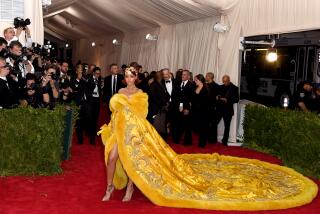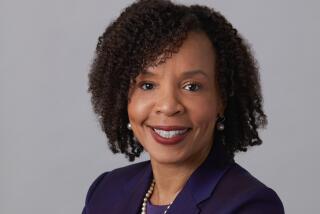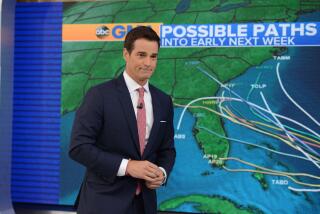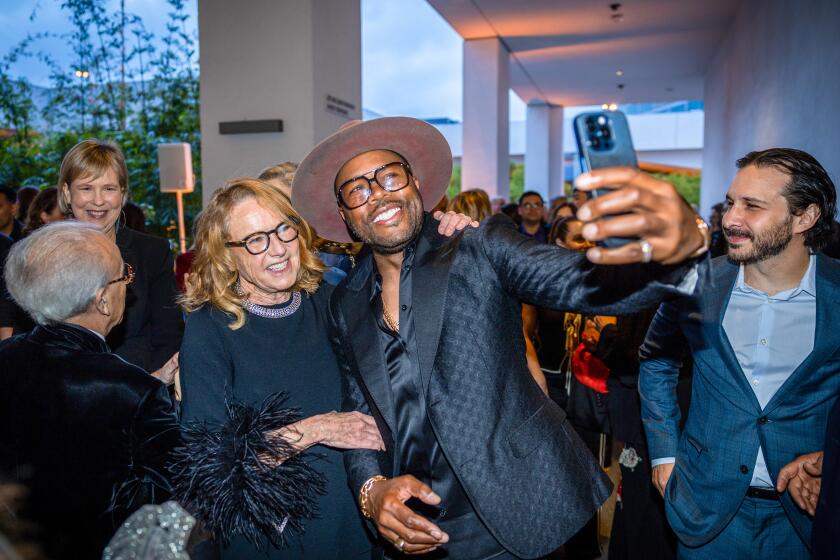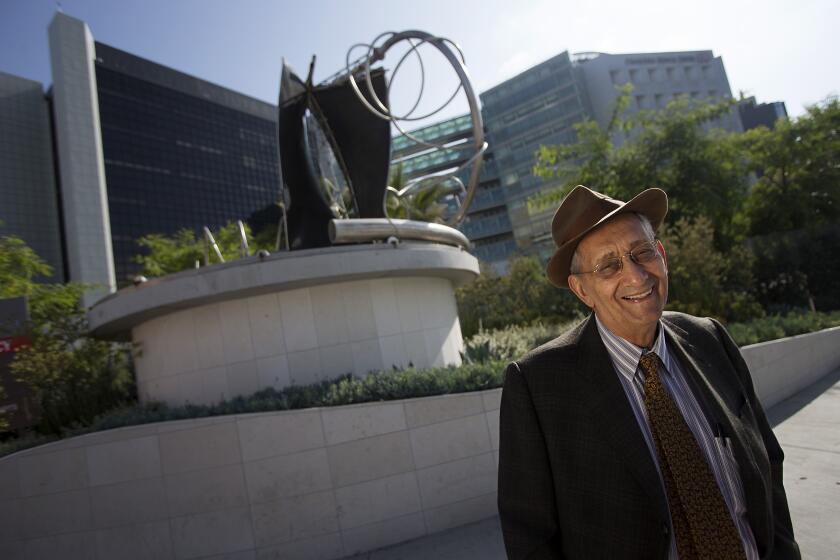A Classic Example
Opera has become the bright star on the dim horizon of classical music in America, and for 40 years Marilyn Horne has been part of what gives that star its luster.
The opera audience grew 25% from 1982 to 1992, and another 10% from 1993 to 1995, according to the National Endowment for the Arts. At the same time, vocal recitals haven’t enjoyed the same growth--or any growth, really--so the famed mezzo soprano has lent her support to this struggling form in recent years.
“There’s been a decline in the amount of places that put on recitals,” she said. “Just look at L.A. alone. The lack of presenting recitals in Los Angeles is pretty scary.”
Horne will lead the charge by example on Friday with a recital at Glendale’s Alex Theatre, her first in the L.A. area since 1991. On the program is a cycle of songs based on texts by Shakespeare, arias from Verdi’s “Il Trovatore” and Tchaikovsky’s “La Francesca Da Rimini,” lullabies from around the world, and six songs by Leonard Bernstein.
In a phone interview from New York, Horne said she understands why opera’s revival has upstaged other classical music presentations.
“We live in a very visual age,” she said. “People want things to look at--spectacle and all that--and we have great competition from that little black box . . . not to even think about movies and theme parks. . . .
“Ours is a very special art form. Once you get into it, people adore it. But a lot of people don’t even know that we exist.”
If anyone can breathe new life into vocal recitals, it would be Horne. Since her professional debut in 1957, she has appeared with opera companies all over the world, including the San Francisco Opera for 35 years and at the Metropolitan Opera for 25. Known particularly for Rossini and Handel roles, she gained much of her fame for “pants” parts--music originally written for castrati--such as “Tancredi,” and Arasace in “Semiramide.”
Horne has accumulated such honors as the NEA’s National Medal of Arts, an honorary doctorate from Julliard and multiple Grammys. She also was the first American to received the prestigious Fidelio Gold Medal from the International Assn. of Opera Directors.
In 1994, as she approached her 60th birthday, Horne started turning down the parts that made her famous. “I decided, especially with the big bel canto and baroque roles, that it was time for me to put them away,” she said.
At her birthday gala at Carnegie Hall, she announced the formation of the Marilyn Horne Foundation. The nonprofit organization funds recitals, master classes and mini-festivals with an eye toward developing young talent.
“I wanted to do something when I was having my big 6-0. I wanted to do something other than sit home and receive flowers and cards and good wishes. I wanted to give something back to this profession that has given me so much.”
Horne, often critical of the training that singers receive, will also be working with young vocalists at the Music Academy of the West in Santa Barbara. Starting this summer, she will head the vocal studies program at the eight-week institute, where she studied in 1953. The combination of the relaxed atmosphere and lofty goals has always appealed to her.
“It’s a place I love very much,” Horne said. “I don’t really want to be in an all-year-long situation teaching, but I do like the atmosphere of the summer.”
That leaves 10 months out of the year to continue the pursuit of her own music. She hasn’t given up opera entirely, though she’s choosing smaller and less demanding roles. And a new opera is being written specifically for her.
Still, Horne radiates the unshakable sense that she’s putting her energies where they are most needed: recitals. “There are a lot of foundations and organizations looking after the opera end of it.”
BE THERE
Marilyn Horne in recital Fri., 8 p.m., at the Alex Theatre, 216 N. Brand Ave., Glendale. Tickets are $40-$48.50. (800) 233-3123.
More to Read
The biggest entertainment stories
Get our big stories about Hollywood, film, television, music, arts, culture and more right in your inbox as soon as they publish.
You may occasionally receive promotional content from the Los Angeles Times.
